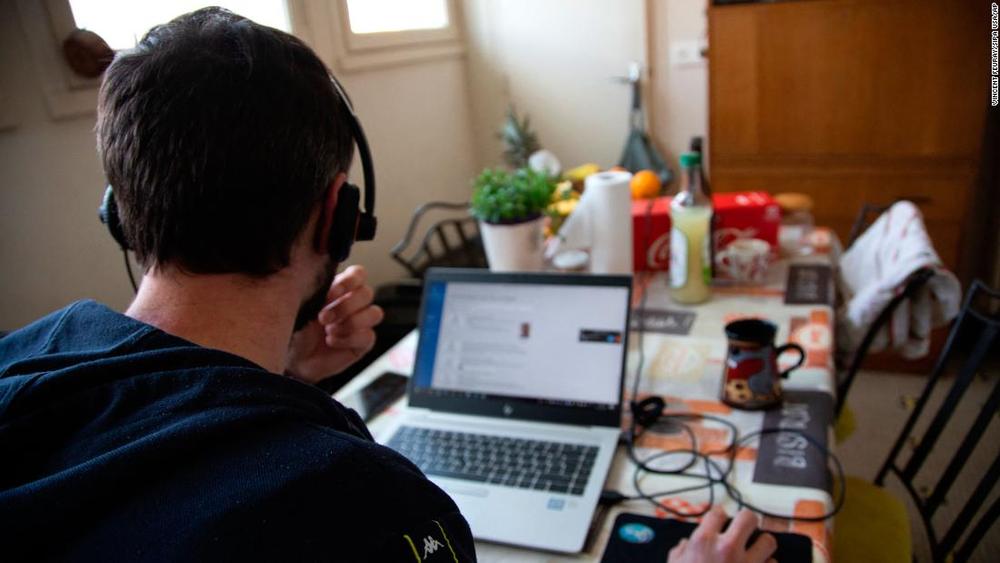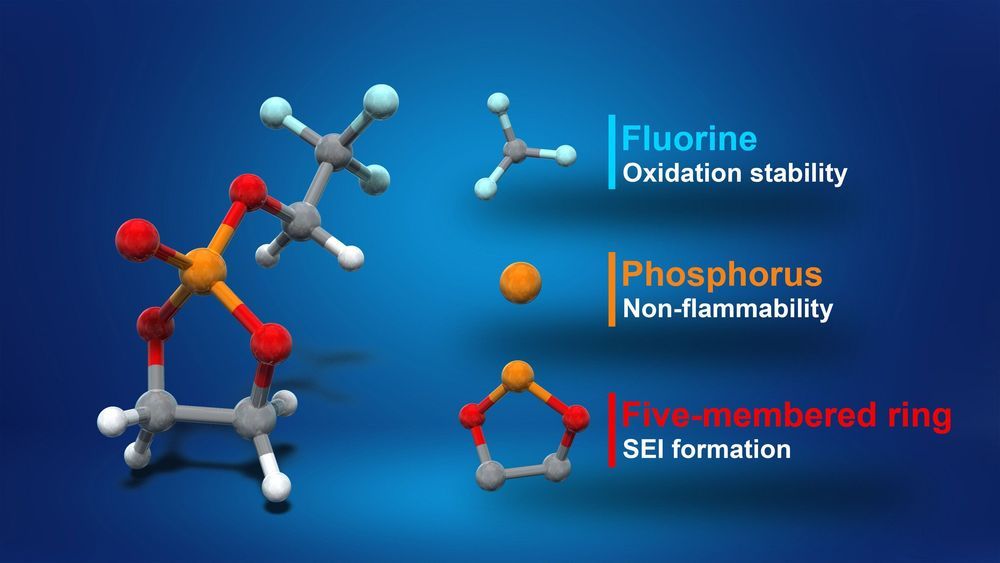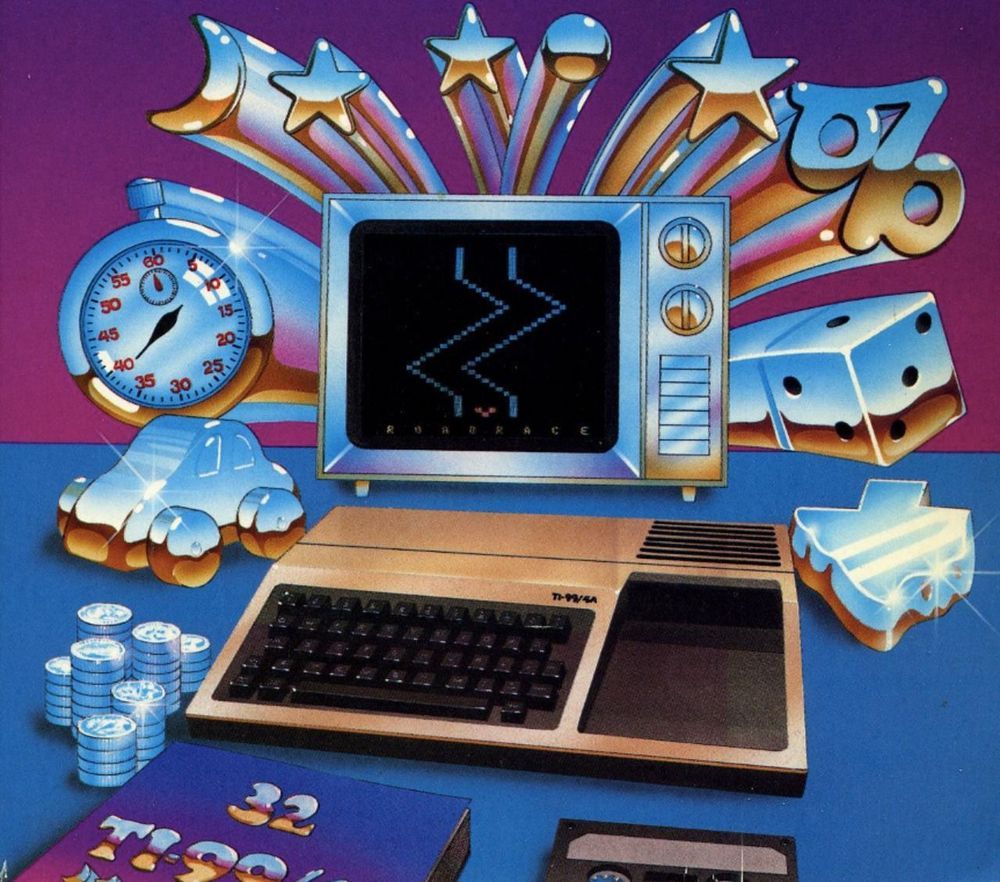When you’re a software and hardware engineer sometimes you need a little challenge. Engineer Robert Lucian Chiriac’s latest Raspberry Pi creation can detect license plates and read the characters with fairly decent accuracy. This is an involved project that relies on machine learning to properly interpret images from the camera into discernible text.
The primary license plate reading function is constructed using three separate applications (there are more used throughout the project, but these three are critical). Chiriac used the YOLOv3 object detection algorithm to create a bounding box around each license plate it detects from the camera input. The image within the bounding box is sent to CRAFT, a text detecting application. Once the location for each character in the plate has been identified, the information is passed along to CRNN to predict the actual text.
Chiriac mounted the Raspberry Pi, GPS module, 4G module and Pi camera to his car’s rear-view mirror with a 3D-printed unit he designed. The Pi camera is even adjustable with a ball-joint swivel mount.









